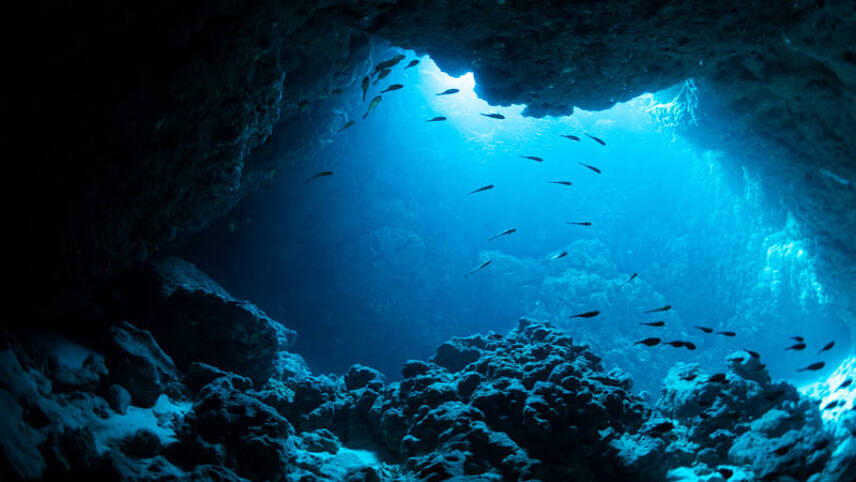Register for free and continue reading
Join our growing army of changemakers and get unlimited access to our premium content

The Blue Marine Foundation has today (21 June) posted an update on banks and corporations taking a stand against the emerging deep-sea mining sector.
Proponents argue that scaling the sector is necessary to meet growing demands for critical materials as markets for technologies such as batteries grow. Opponents point to how the practice can permanently damage the seabed and send marine ecosystems into irreversible decline. As the industry is nascent
The Foundation has revealed that a growing cohort of businesses are now opposing the practice. Banks with public commitments not to invest in deep sea mining include Lloyds Banking Group, Natwest, Standard Chartered, Triodos Bank and The Cooperative Bank.
Collectively, these banks own one-third of the UK’s total portfolio of assets owned by banks, in terms of asset value.
Corporates pledging not to invest in deep sea mining or source materials mined in this way include Renault, BMW Group, Google and Samsung.
Deep Sea Mining Campaign’s finance advocacy officer Andy Whitmore said: £There is a vast list of reasons why financial institutions should be wary of lending to, underwriting or investing in deep sea mining – from reputational and operational risks, to the regulatory uncertainty in international waters.
“For the last three years, we have seen more lenders come to the conclusion that the risks are too great to invest in this new, experimental industry.”
Growing campaign
The Foundation is now calling on other banks and businesses to follow suit. High-street banks with no public commitments on deep sea mining include HSBC, Barclays, Santander, Nationwide and Virgin Money UK.
The Foundation also wants to see the UK Government supporting a moratorium on deep sea mining ahead of the next council session for the International Seabed Authority (ISA), taking place in July.
It argues that doing so would feed into the UK’s commitment to set aside 30% of degraded habitats for restoration by 2030, made under the UN’s international biodiversity treaty.
Countries already backing a moratorium on deep-sea mining include France, New Zealand, Fiji and Samoa. Several more have also ordered a pause on the practice to take environmental precautions, such as Spain, Chile, Costa Rica and Germany.
Blue Marine Foundation policy manager Jonny Hughes said the UK’s public support for a moratorium “could be very influential in one being imposed”.


The amount of material, originally produced by mining, that is sent to waste, must be very considerable, and it only ends up in land fill.
Certainly recycling is difficult, but how much attention has been paid to it when “throw away” is so much cheaper?
Surely a problem for action at Governmental level?